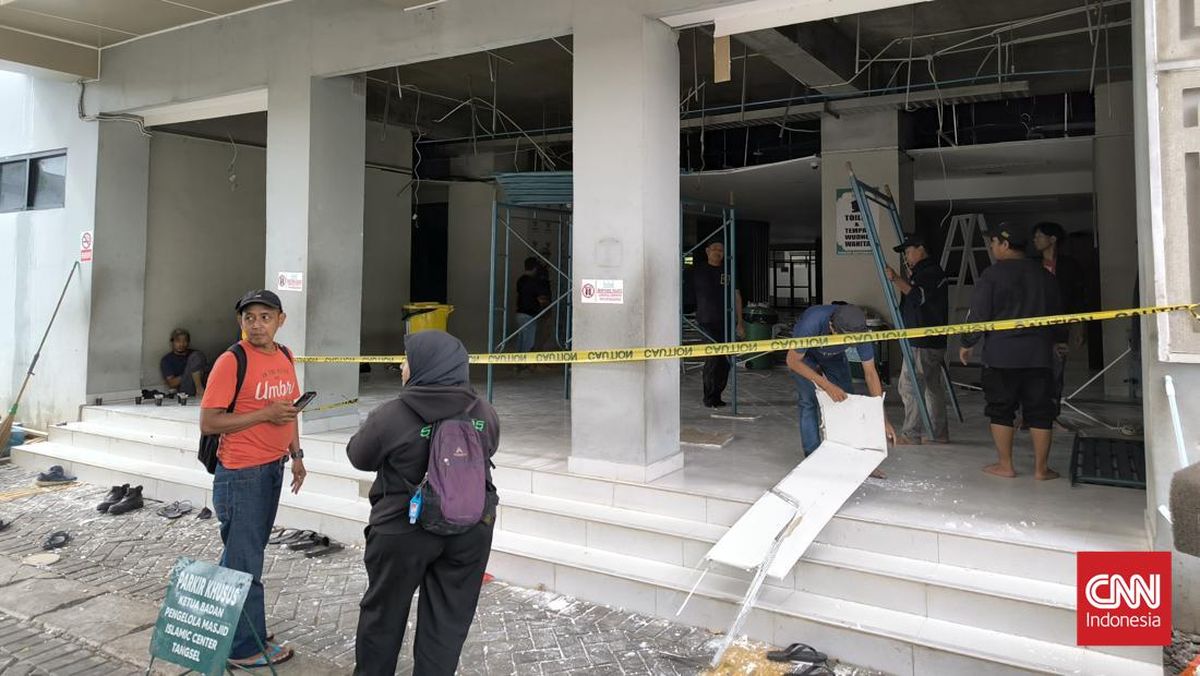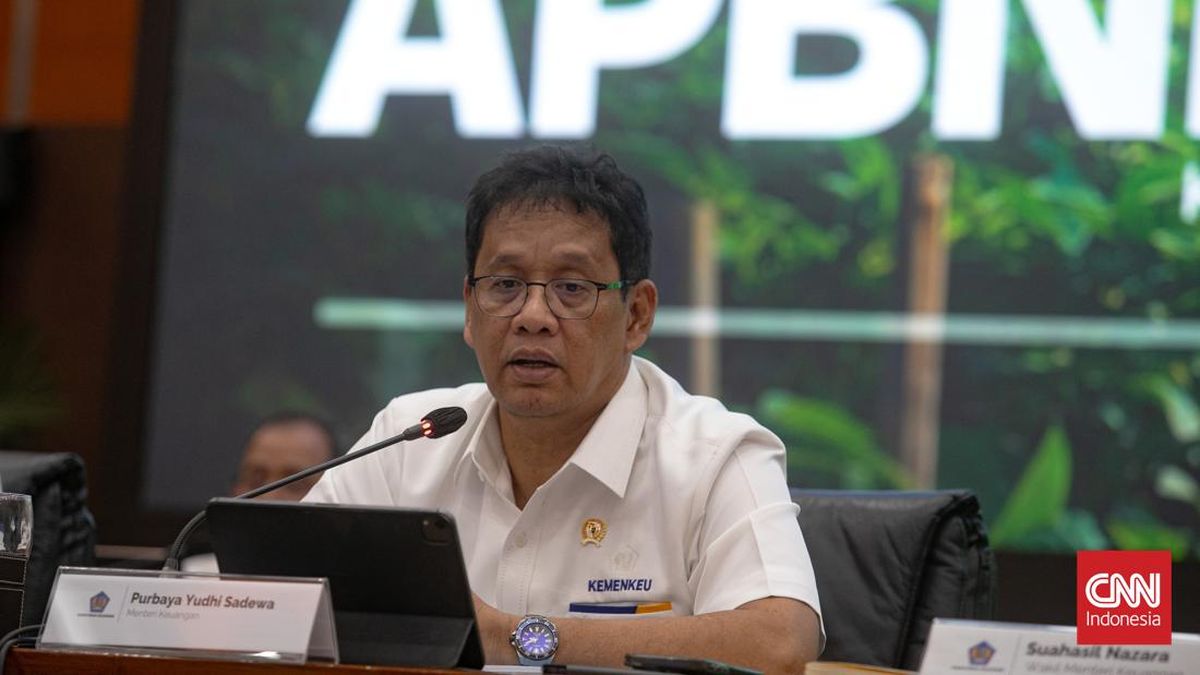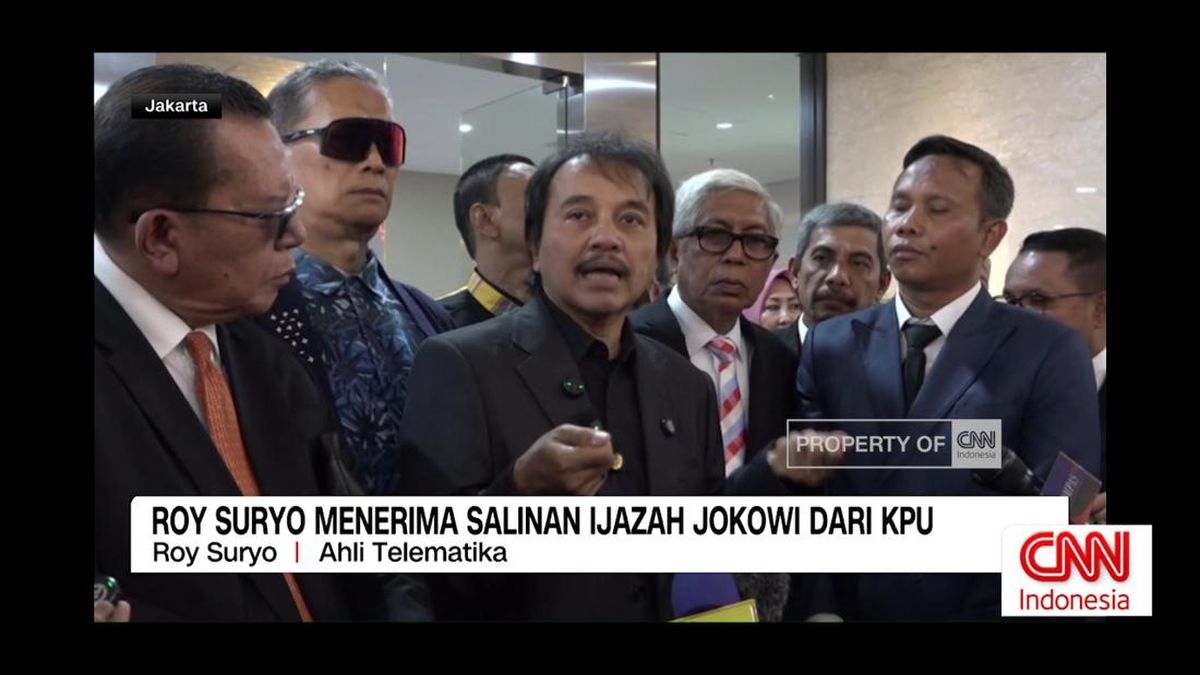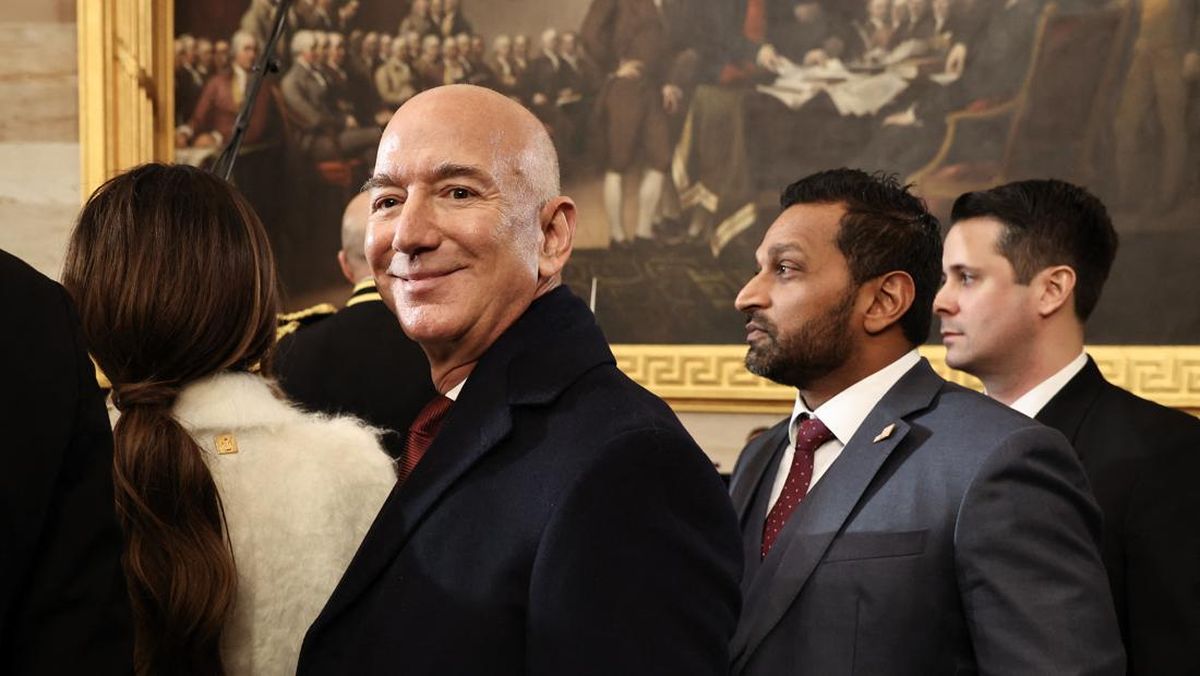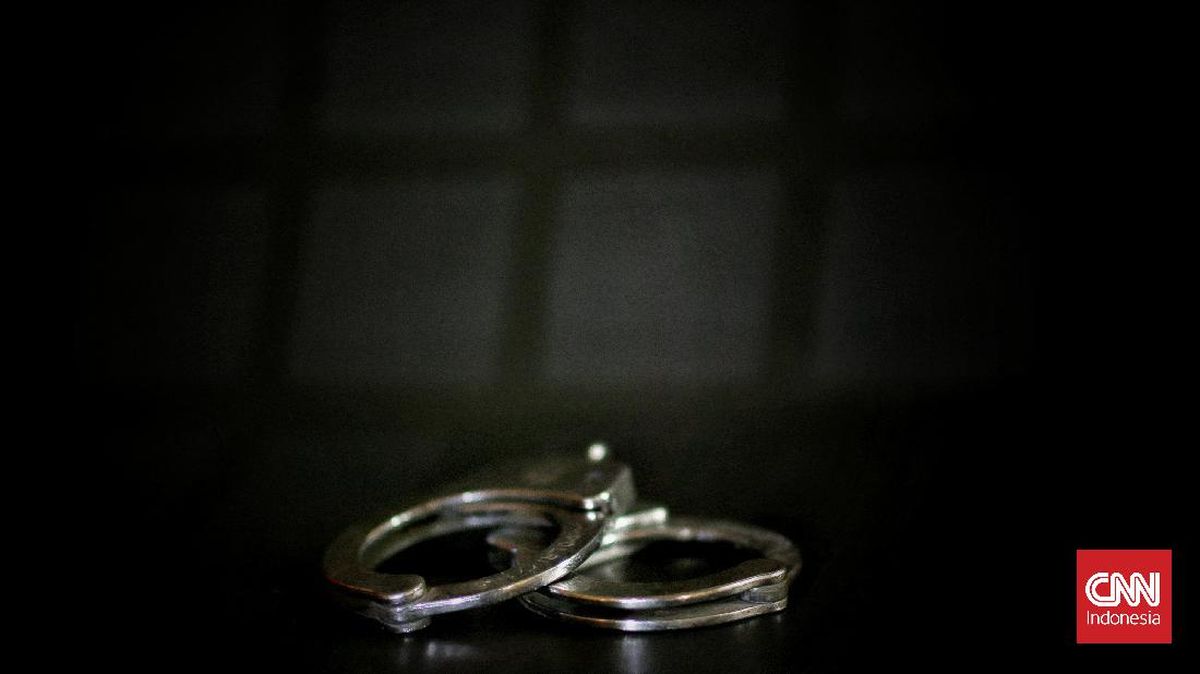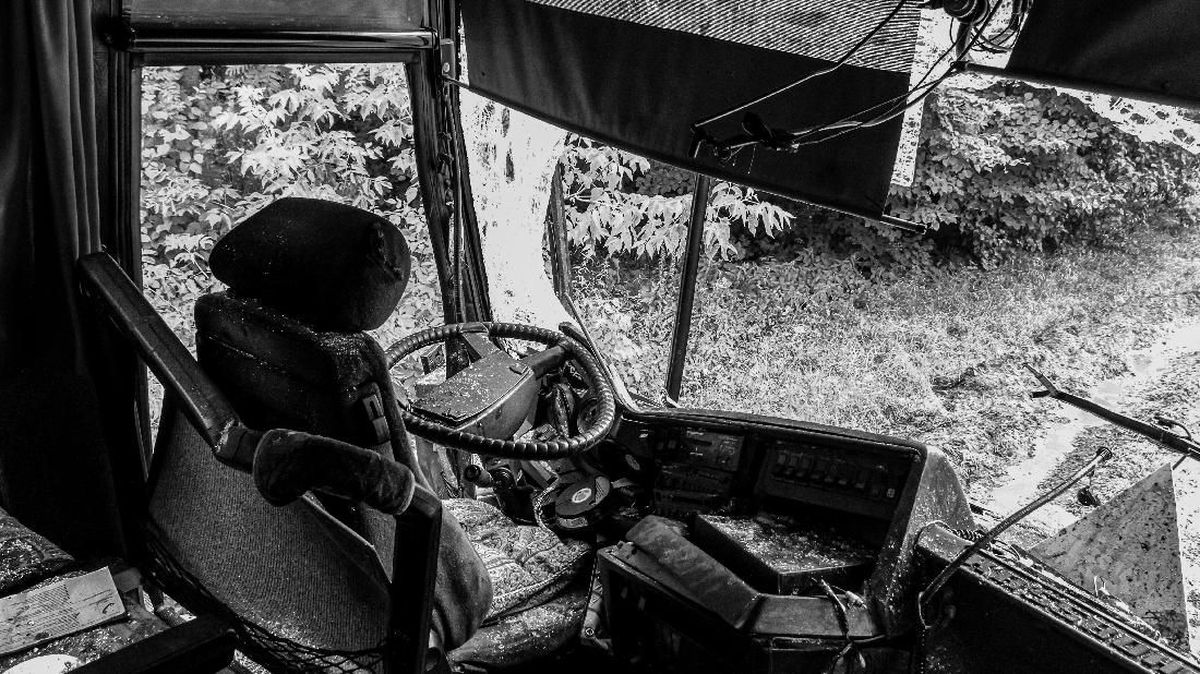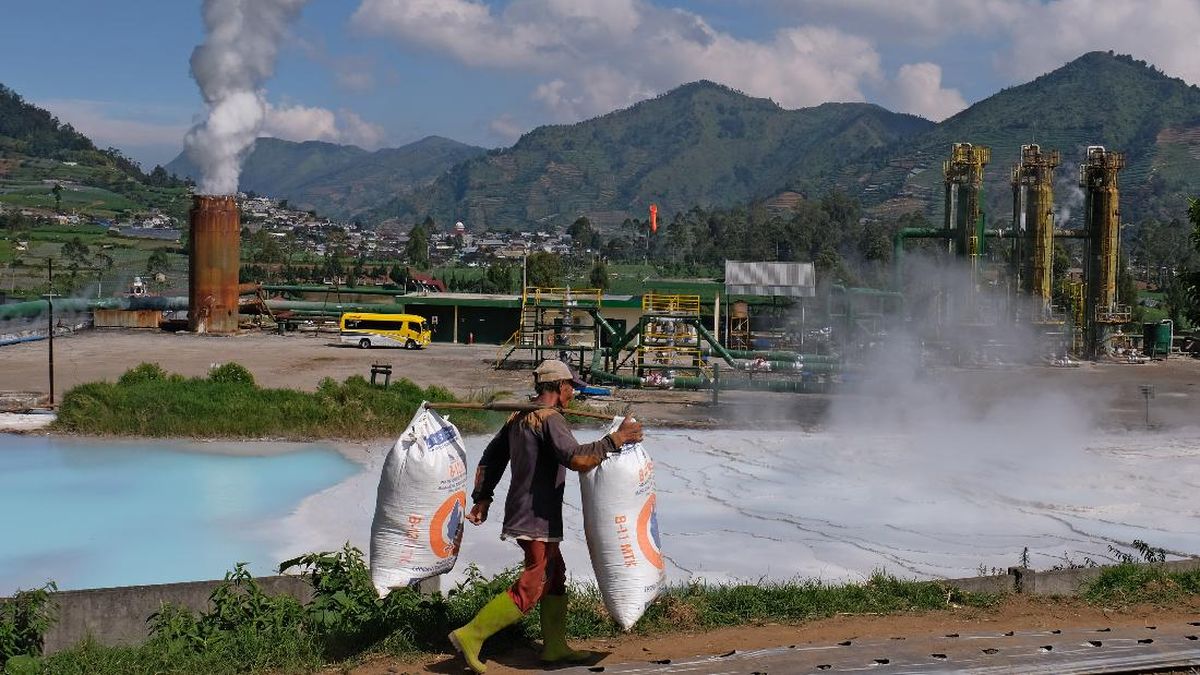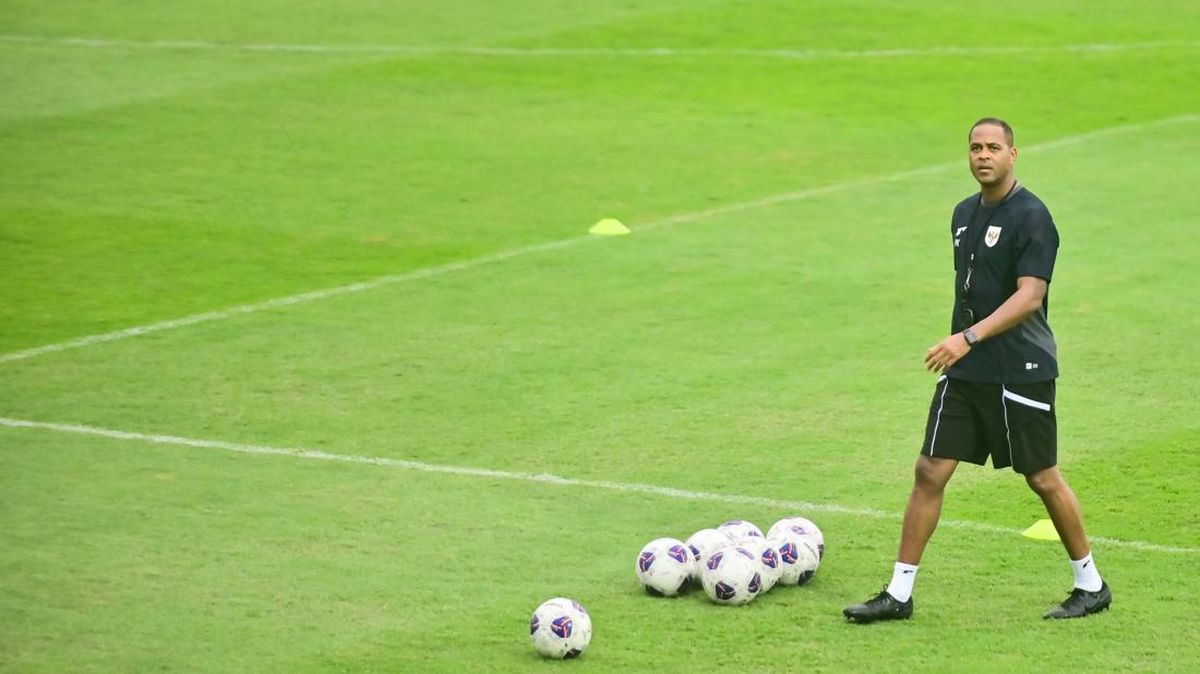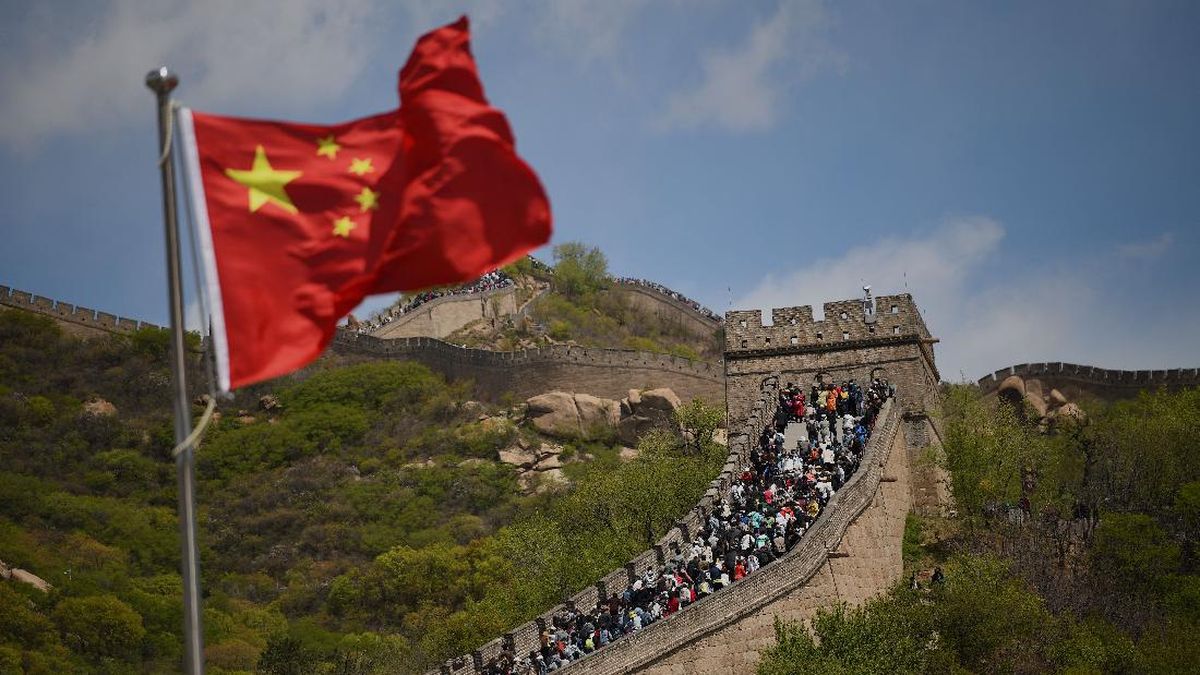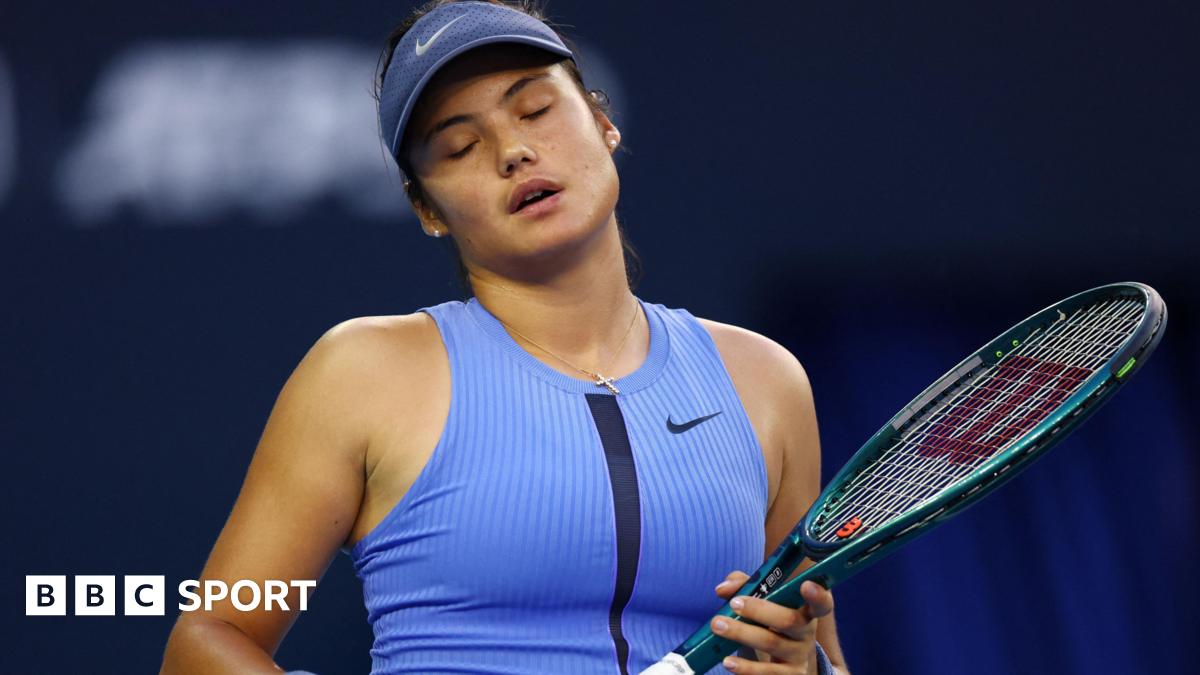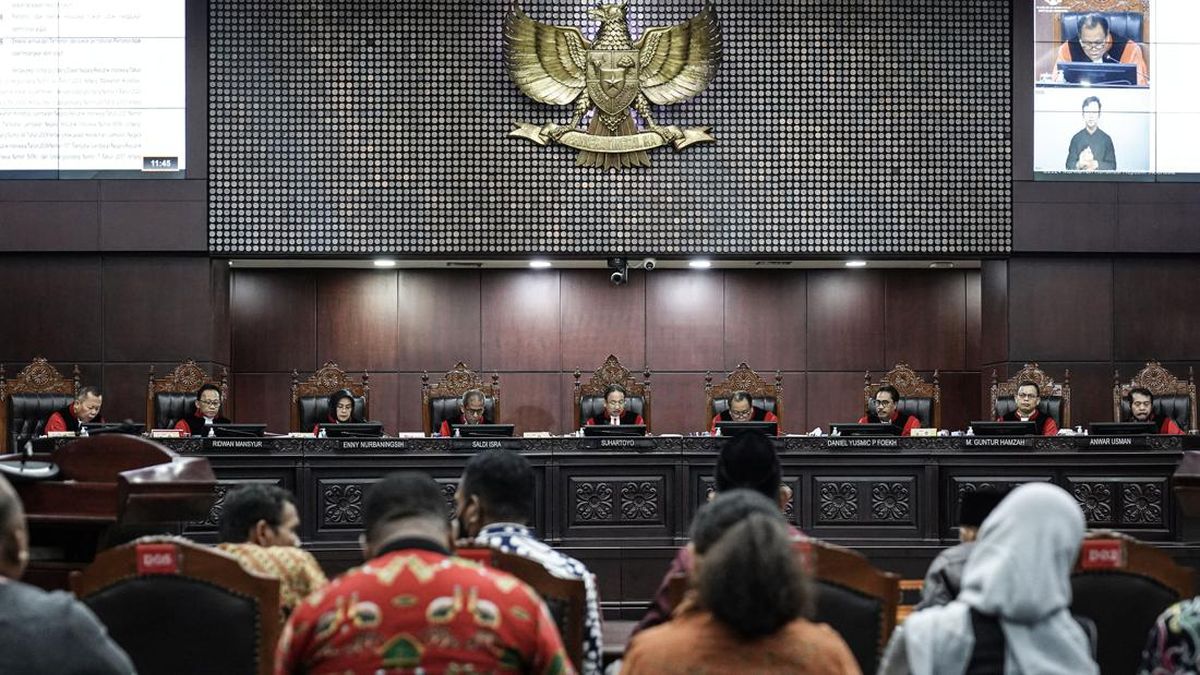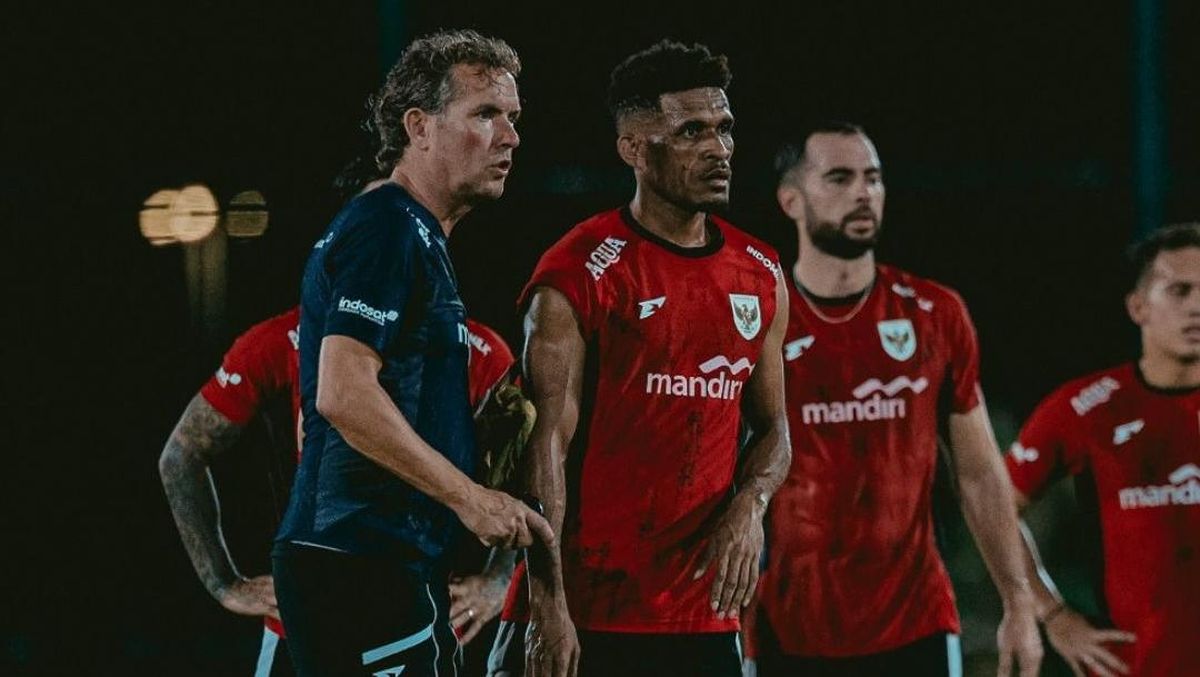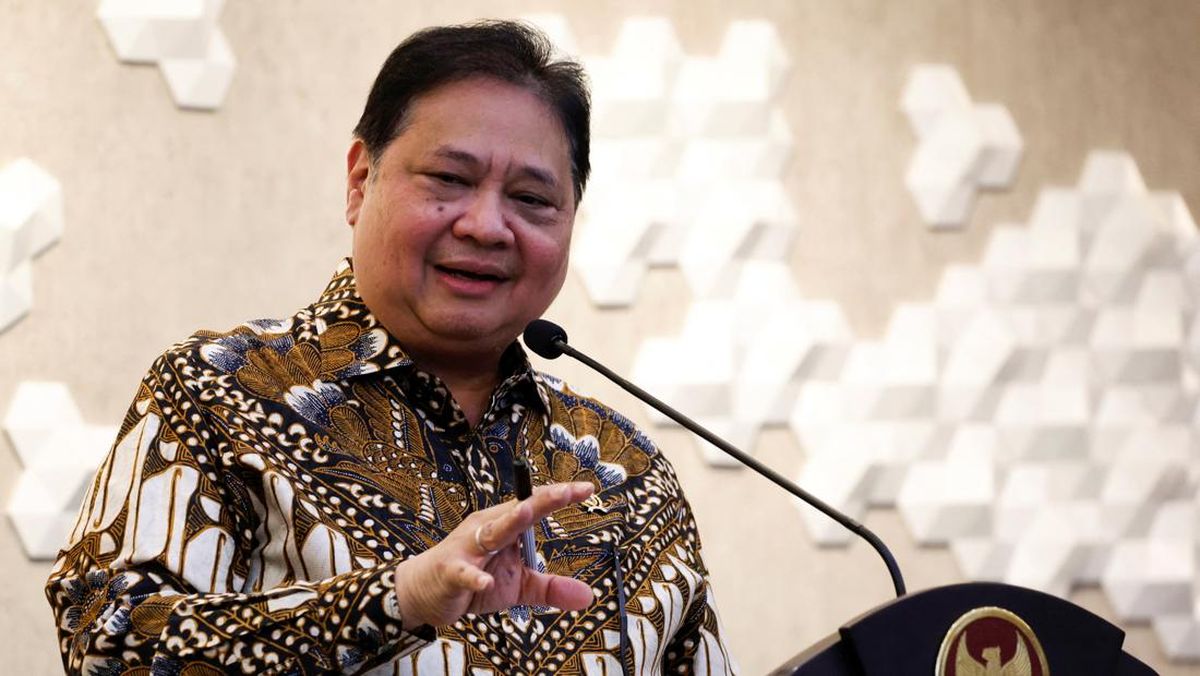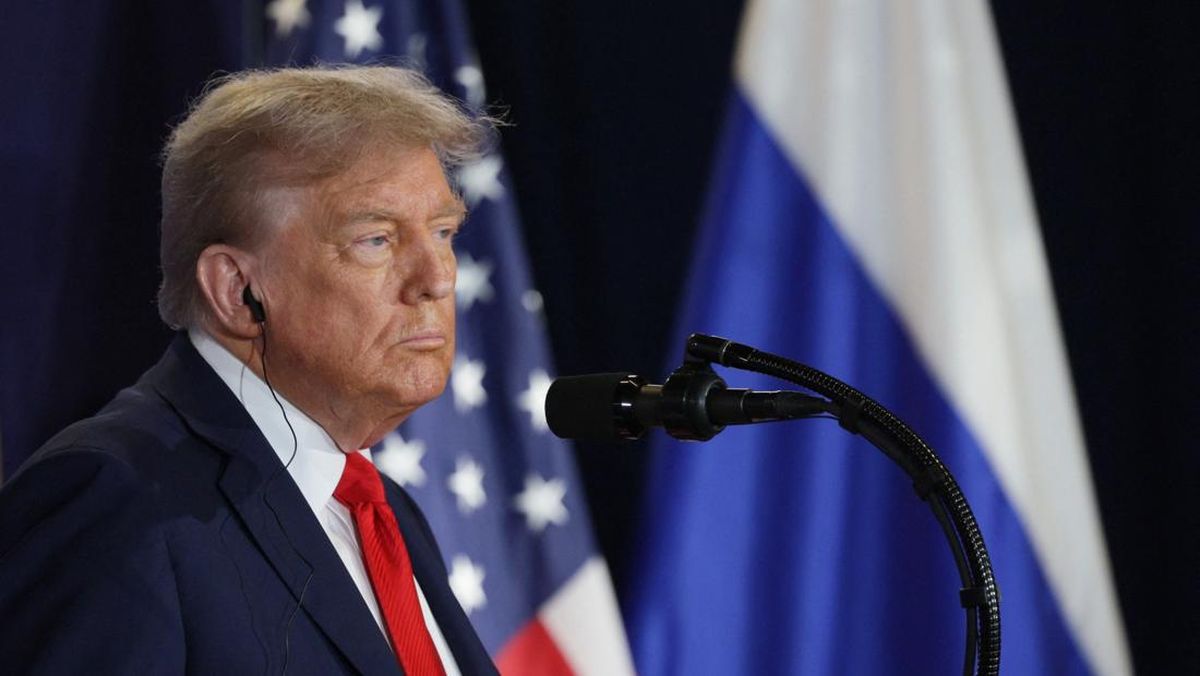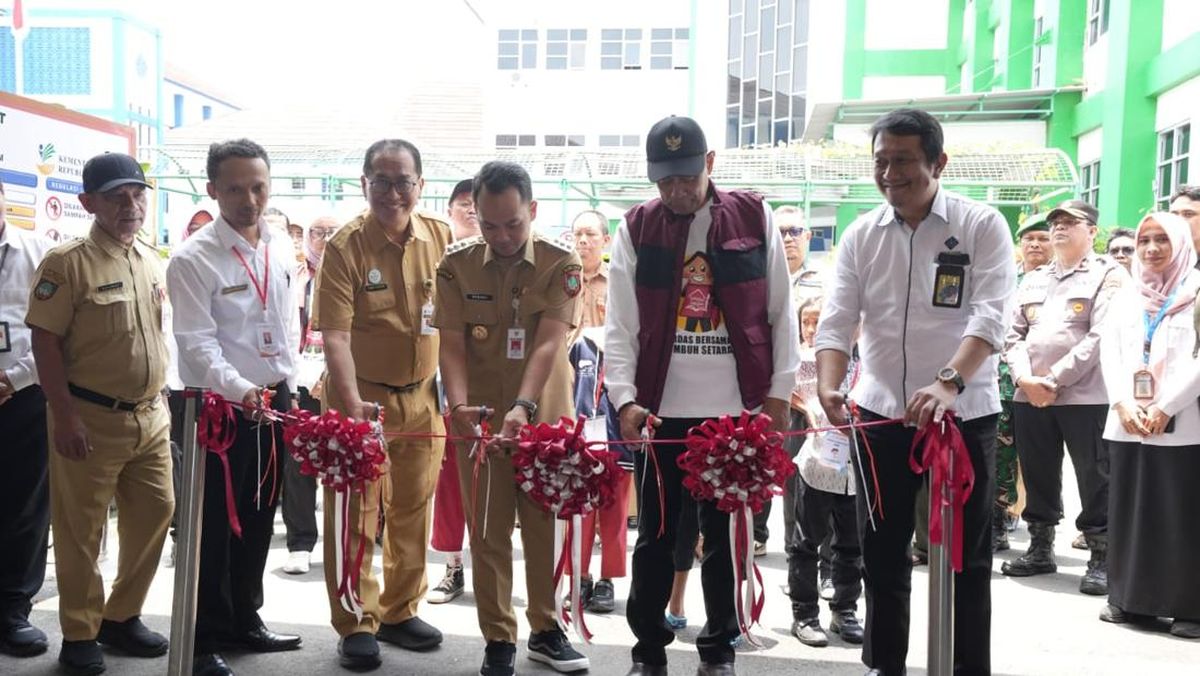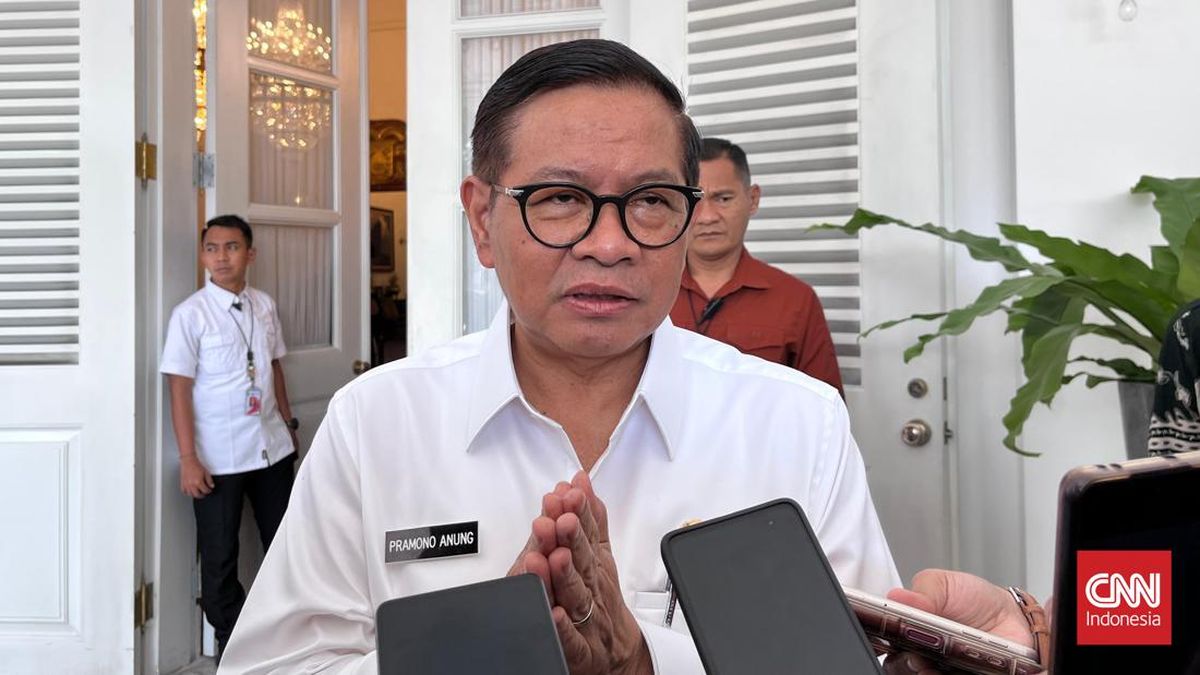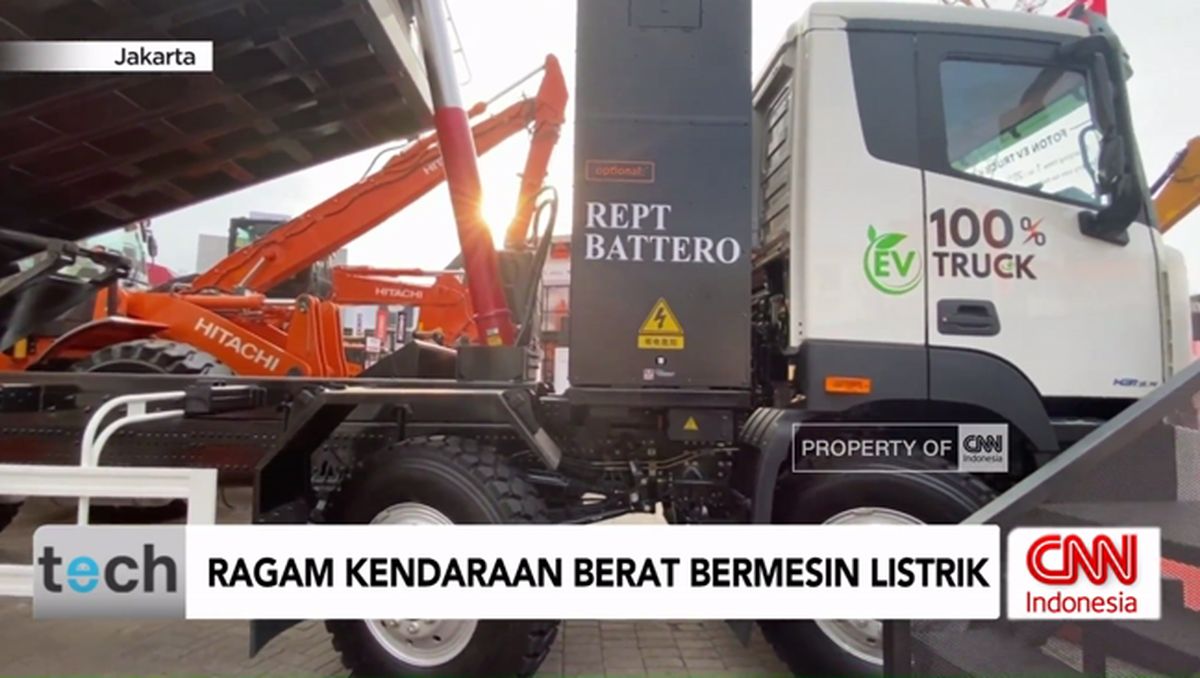Nearly three years ago, I made the decision to take my fertility into my own hands at 31 and began IVF by myself. Freezing my eggs while I was not in a relationship felt empowering – it helped me feel as though I wasn’t working to someone else’s timeline.
One of the earliest questions I had to consider after beginning the process was what I wanted to do in the event of having an excess of eggs. That is, if the retrieval was so successful that even after using the number of eggs required to start a family, there might be some left over. In Australia, there are three options for surplus eggs and embryos: destroy them, donate them to science or donate them to another person or couple.

Invented in the 1990s, intracytoplasmic sperm injection, or ICSI, was designed for couples with severe male infertility.Credit: Istock
While there is a lot of talk about low supplies of donor sperm in Australia, we also have a critical shortage of donor eggs. And because egg retrieval is invasive, expensive and protracted, supply remains low. For people who need a donor egg, this is an understandably devastating reality, and donating excess eggs could be a solution for helping with this issue.
And yet, when it came time to decide what I wanted to do, I found myself having unexpected feelings about donation. In many ways, giving my eggs to someone on a long waitlist so they can start their own family feels like the ultimate gift. But at the same time, it feels like a weighty and complicated decision.
In NSW, if a donor-conceived child is born after January 1, 2010, they can access identifying information about their donor from a government-controlled Central Register when they turn 18.
Loading
While many donor-conceived people felt they were finally getting the missing piece of the puzzle for their genetic history, some donors felt they had been misled and that the legal change went against their wishes and the context of their donation. Perhaps unsurprisingly, there has been an added strain on shortages of sperm and eggs since anonymity was removed and online DNA testing has become more common.
A Deakin University study in 2021 on the question of why donor-conceived people wanted to meet their “donor parents” found that most viewed it as a way of expanding their identity.
While this makes sense to me, the idea of a donor being a parent is at odds with many of my personal beliefs. I am pro-choice, do not think life begins at conception, and because people are not eggs and sperm, I don’t believe simply donating my biological matter makes me a parent in any real sense of the word.
The idea of being “the missing part” of someone’s puzzle is also a terrifying prospect for me. If I haven’t raised them, what could I have to offer them? And why can’t that contact be partially my decision?
Loading
While many want the choice, the desire for a relationship with a donor is not universal. For those who do reach out, some say it’s because they want to know where certain traits come from and what characteristics they might be able to attribute to their donor. It’s testing the nature versus nurture debate.
But research shows that donor-conceived people can have different expectations about the importance of genetics and what role a biological link can play in shaping who they are or who they become compared with donors.
The decision to contact a donor is surely a difficult one for parents and their child. But as a potential donor, the weight of expectations also feels heavy. How would I navigate someone else’s search for answers? What if they expected something different from what I’m able to provide?
Zoe Nico, who has embryos in storage after the birth of her first child, tells me she thinks about this conundrum all the time.
Loading
“As I start thinking more about baby number two, I find myself thinking about my five little frozen embryos,” she says. At some point, if they do have a successful second pregnancy, Nico will need to decide if she wants to keep the remaining embryos frozen, destroy them or donate them.
“At one point I was leaning toward altruistic donation, but now I’m not so sure,” she says. “What freaks me out is the control of outcome you relinquish when donating your embryo, over the environment they grow up in, who raises that child.”
Going into a clinic with the intent to have your own family is an all-consuming focus. What will happen after that is achieved is often an afterthought; a quickly ticked box. But with a 1500 per cent rise in egg freezing in Australia in the past 10 years, the question of donating or destroying is only going to become more common.
For now, I’ve ticked the box to donate any unused eggs to scientific research, which feels like a happy medium. But when I finally hold the child I’ve long dreamed of, I might see the gift I’ve been given, and be compelled to pass that on to someone else. I know the pain of waiting.
Hannah Bambra is a writer, peer support worker and sexual reproductive health advocate.
The Opinion newsletter is a weekly wrap of views that will challenge, champion and inform your own. Sign up here.
Most Viewed in Lifestyle
Loading

